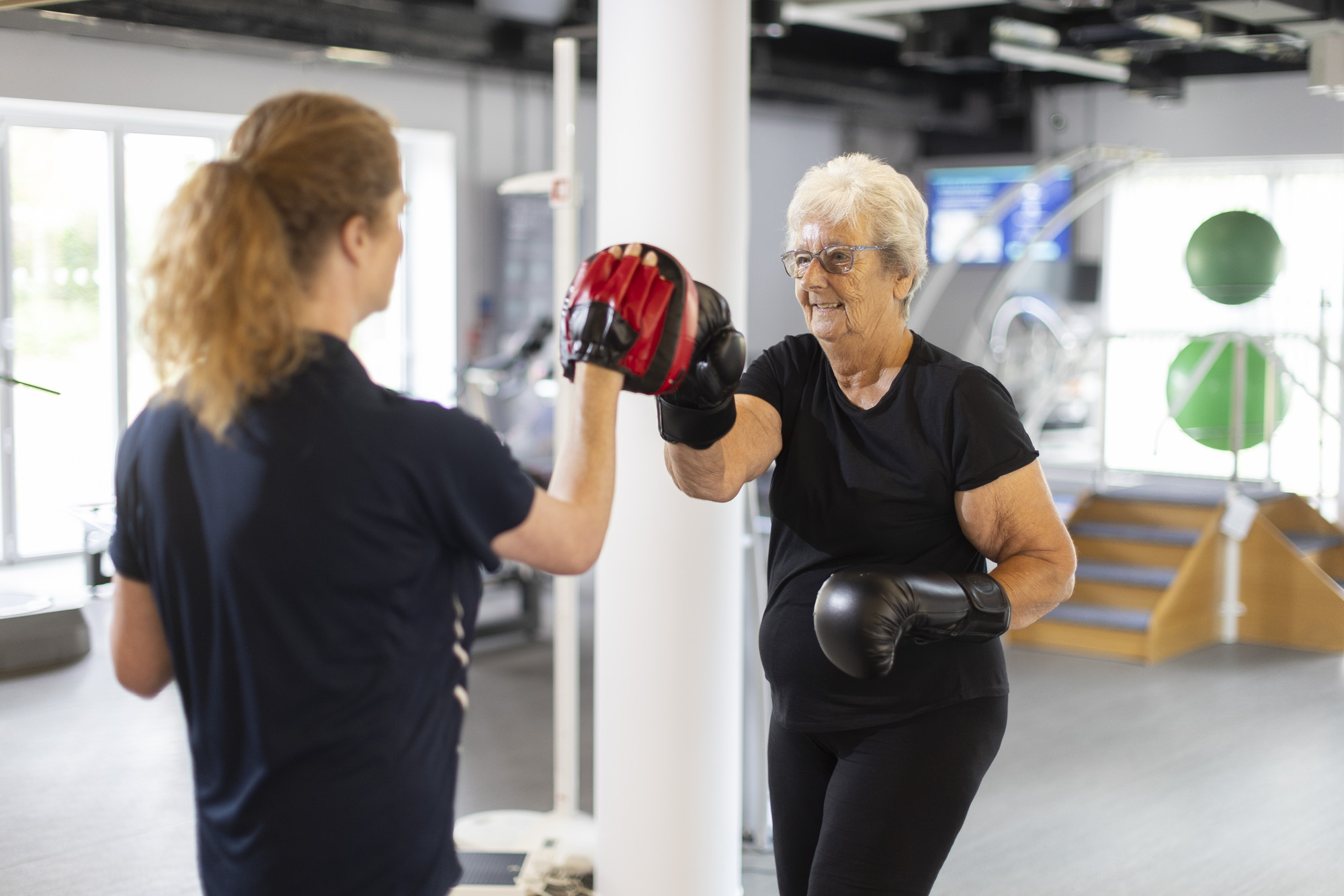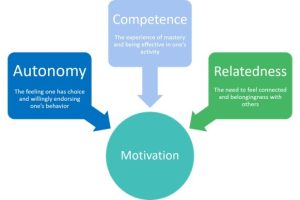Re-imagining the ideal multidisciplinary approach to MSK Care

In the second of our series reflecting on the Therapy Expo MSK conference, we look at one of the conference workshops that featured rehabilitation, and what constitutes improved practice for our MSK patients.
Patients in the NHS follow a path this is commonly unidimensional, likely due to historical pathways and commissioning. The focus of this workshop was: if we had the opportunity to design the MSK rehabilitation patient pathway from scratch, what would it look like?
Firstly, it’s worth perhaps considering what a good outcome from MSK rehab might lead to.
This of course is anything that is agreed and led by the patient, commonly linked to activity, home, work and family. As clinicians, we have to support that individual to reach those goals though building their self-confidence and belief they can be achieved.
Self Determination Theory
Self Determination Theory (SDT) can be traced to humanistic psychology that emphasises an individual’s effort toward self-actualisation, which is the point where the realisation of a person’s potential transpires.
It is formed via the premise that as long as the basic psychological needs of an individual are met then a natural “growth” will occur.
SDT also relates to how people perceive their locus of control, which is the extent to which an individual views their own behaviour, perceived by internal factors (interests, values and identities),in relation to external factors such as other people’s demands and regulation through the environment.
As clinicians who wish to help our patients, we are in a constant flux with respect to helping an individual move towards self-actualisation.
SDT theory argues that as humans we require three basic psychological needs to be met: autonomy, competence and relatedness and when these needs are satisfied, then self-regulation creates a sense of well-being and engagement toward their goals.

Autonomy can be described as being in control, competence is the need to be effective and relatedness is the need to feel valued and connected with others.
It is also suggested that if self-regulation is not achieved then individuals may develop patterns of behaviour that offer short-term benefit but may not realise their long-term goals or achievements.
These patterns of behaviour may manifest through feelings of fear, guilt or through the pursuit of an external reward.
MSK Practitioners and SDT
To do this effectively, we as MSK practitioners need to look across the whole spectrum of care and the support that an individual may need to achieve that goal, and not assume that just a prescription of physiotherapy exercises will suffice.
The use of occupational therapy, vocational advisors and behavioural change specialists would be three simple ways to enhance improvements in function, work, and SDT for making functional and public health changes that could/would be enhanced by exercise.
SDT requires practitioners to understand relatedness, and in doing so create activity/exercises that are meaningful. This is a complex skill of rehabilitation rather than the intricacies of certain positions, actions and local exercises that for some patients are essential, but many they are not.
The Value of the Therapeutic Alliance
Building on the psychological, vocational and family challenges that MSK patients face, we as clinicians only gain a small insight that the patient chooses to share.
It is the building of the relationship that offers a wider perspective and a deeper understanding and with that the therapeutic alliance that drives trust with the clinician and patient. This in turn creates the art of the possible.
It is perhaps that widening of the team around the patient, rather than moving them on algorithmically, that would offer something different if we started again?
Creating the environment for change, developing the team around the individual, and supporting them to make that change are skills that we perhaps need to grow in MSK rehabilitation to improve the patient pathway.